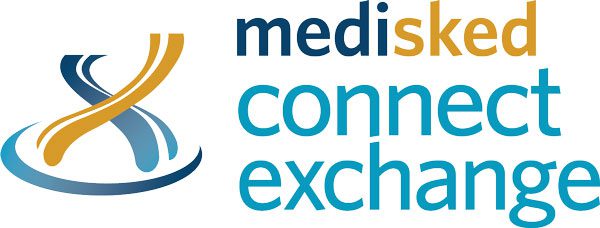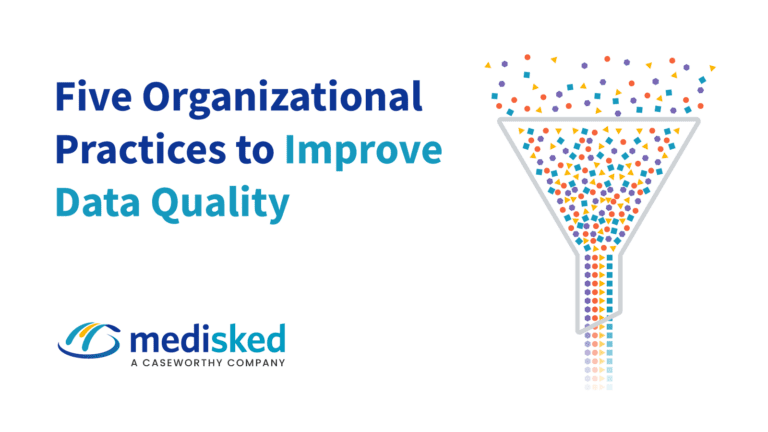The Centers for Medicare and Medicaid Services (CMS) has recently been seeking feedback concerning its draft Recommended Measure Set for Medicaid-Funded Home and Community Based Services (HCBS). This is an exhaustive set of quality measures that has been in varying design and development phases for more than a decade. We believe that it is well past time to start implementing a national set of quality indicators for HCBS.
The obvious value in having a standard set of recommended measures for voluntary use by states, managed care organizations, and other entities engaged in the administration/delivery of HCBS is that it enables comparison of performance achieved by states and/or multi-state plans for program monitoring or payment purposes. As CMS noted, “by providing states and other entities with a standard set of measures to assess HCBS quality and outcomes, and by facilitating access to information on those measures, CMS may be able to reduce the time and resources expended on identifying, assessing, and implementing measures for use in HCBS programs.”
MediSked’s multi-state experience delivering technology solutions to the human services industry has reinforced the importance of facilitating access to information – for both the public and the various stakeholders. The release of these measures will foster quality improvements in the delivery of HCBS over time.
It makes conceptual sense to organize measures into a base set and an extended set and to use the NQF quality domains to further organize measures. The superb 2016 NQF report “Quality in HCBS to Support Community Living: Addressing Gaps in Performance Measurement” represents the best and most current thinking of a multi-stakeholder group of individuals who demonstrated their shared understanding of person-centered planning and coordination, caregiver support, and choice and control as important considerations in assessing various HCBS programs. The NQF Committee also indicated its understanding of the importance of emerging technologies to support quality measurement, an essential consideration as CMS and the states move forward with implementing improved quality measures.
We agree with CMS that criteria for specific measure election should be used as a guide, that “importance to measure and report” is the key criterion that should be applied, and that states should be allowed some discretion as they choose measures for use. At the same time, states would be wise to more firmly rely on measures that have been thoughtfully endorsed by a consensus-based or independent entity, rather than on those that have undergone testing and validation because these efforts have been slow and imperfect.
Whether the base and extended measures should be applied across all HCBS populations is an important and long-standing question and we recognize that any answer is fraught with challenges. CMS would be wise to operationalize measures across the board (with possible notations about measure limitations). At the same time, flexibility is warranted in measure application, as different populations may emphasize different dimensions of quality that should be honored.
To avoid measures that are proprietary and available at charge is a worthy but impossible objective to reach. Yet, we agree with CMS’ statement that “to the extent feasible, a measure that is publicly available at no cost and focused on the same or a similar measure concept will be offered as an alternative to each proprietary measure that is included in the base set.”
Our experience as an IT solutions innovator in several states has led us to conclude that, from a program monitoring perspective, it is important that measures be applicable across delivery system types (e.g. fee-for-service, managed care, and self-direction) to the extent possible. We’ve seen that it is nearly impossible to compare different delivery structures and their effectiveness when organizations are held to different measurement standards. As managed care organizations tend to have more sophisticated (but rigid) IT systems, we’ve also faced challenges as we partner with many human service organizations that continue with paper-based record keeping. Helping them move to a desired future state takes time, as implementing standardized measurement and reporting will require new business processes among many care managers, newer IT systems, and more training.
It is past time to decrease CMS’ and states’ reliance on antiquated process measures and, instead, focus on fostering quality improvement and refining outcome measures. MediSked has helped organizations and MCOs design measures for compliance purposes and helped operationalize state-level data collection.
We recognize that proposed quality measures cannot be all things to all people. A measure may be useful for program monitoring purposes but may not be appropriate for, say, value-based purchasing. Such decisions can be left to state agencies and stakeholders to sort through over time, in partnership with CMS. We believe it is time to overcome the lost years of both inertia and conflicting stakeholder perspectives about “getting this right.” Often on the front lines of HCBS system change, MediSked has learned that working in partnership with key actors to identify, assess, and resolve emerging issues is the key to implementation success. Ongoing dialogue among stakeholders as quality measures are implemented, used, and refined in the real world will foster improvements over time that the HCBS community seeks. A more formalized review and updating of the entire measure set could be accomplished every three to five years as resources allow.
Equally important to identifying an optimum set of quality measures for fostering improvements in HCBS delivery, is recognizing and addressing real-world barriers with collecting necessary data. The most critical barrier is designing an efficient and accurate method for collecting the data as an ongoing process. This requires both staff and the design of mechanisms to allow such data collection within various computer operating systems in different organizations. Staff must have (or develop) the technical skills for planning, requirements gathering, configuration testing, documentation, training, process mapping, etc. The differing security requirements among state agencies (serving different HCBS populations) on sharing data electronically must also be addressed. As a firm dedicated to designing genuine software solutions, MediSked recognizes that technology can help eliminate barriers to person-centered service delivery and illuminate individual and population-level opportunities for quality improvements, but this technology must be deployed with exceptional care.
Well-meaning stakeholders could discuss what is the “right” number of base and/or extended measures and what proposed measures should be eliminated and what measures should be added at length. MediSked recommends simply that the proposed quality measures be disseminated – without delay – for voluntary use by state agencies, MCOs, and other organizations. We recommend pilot rollouts, whenever possible, to minimize risk and facilitate timely course correction as measures are adopted.
As states adopt measures, we recommend to them that they focus on key actionable data benchmarks to improve services and supports; and that findings are made publicly available so that beneficiaries can make all kinds of choices (not simply a managed care plan or self-direction).
Today, little quality information is available to individuals and families as they make critical decisions about services and supports. The payer-to-payer API requirements in the CMS interoperability rules in the 21st Century Cures Act provides the tools necessary to obtain claims data and therefore know diagnoses and procedures, which is an extremely important component of whole-person care. Understanding more about the clinical side of an individual can help interpret the LTSS data.
Finally, given that individual needs, workers, service delivery, and government services are continually changing over time, it is important to allow for future innovations in any quality measurement approach.
About MediSked
MediSked is the leading brand in holistic technology solutions that improve lives, drive efficiencies, and generate innovations for human service organizations that support people with intellectual and developmental disabilities. Our IT processes support providers, state and county oversight agencies, care coordination entities, and payers as they seek to use data to improve care and supports and reduce costs. MediSked’s roots are planted in direct community based service work. Our products and services are informed by our clients and experience – decades-deep involvement in the long-term services and support sector, with a focus on services for individuals with IDD.








